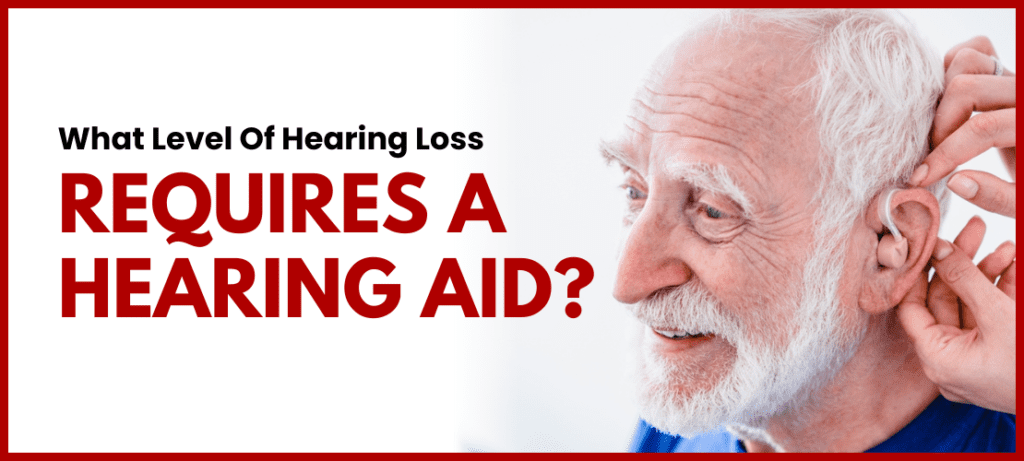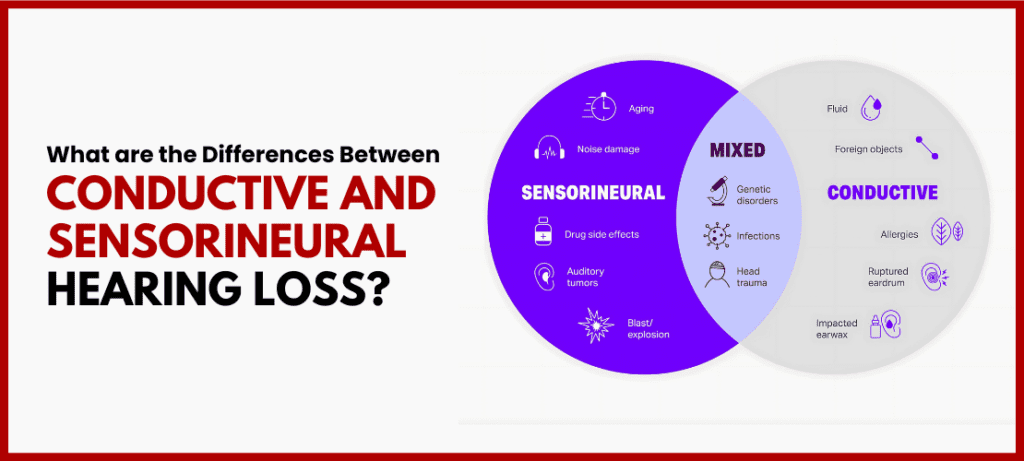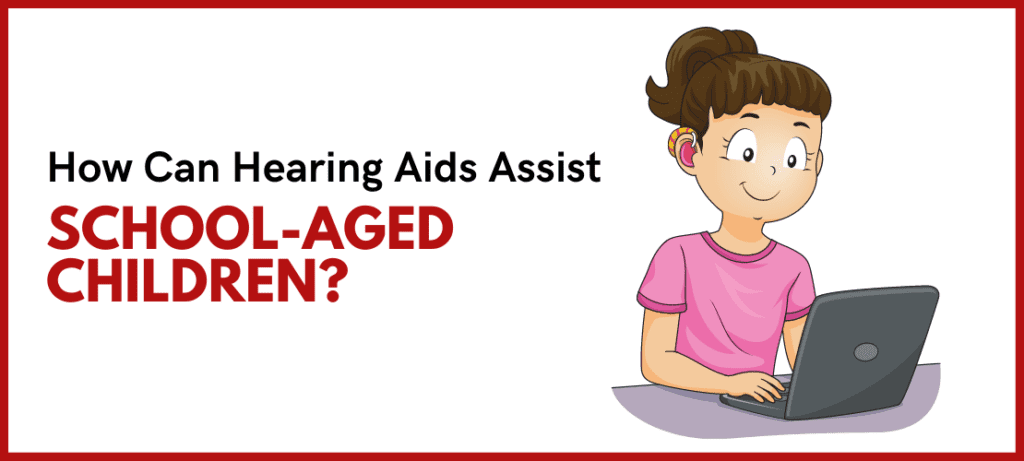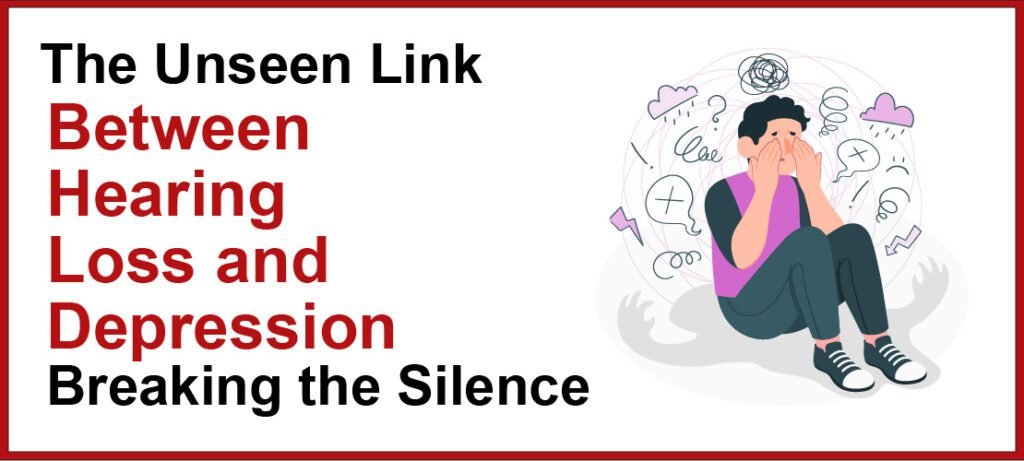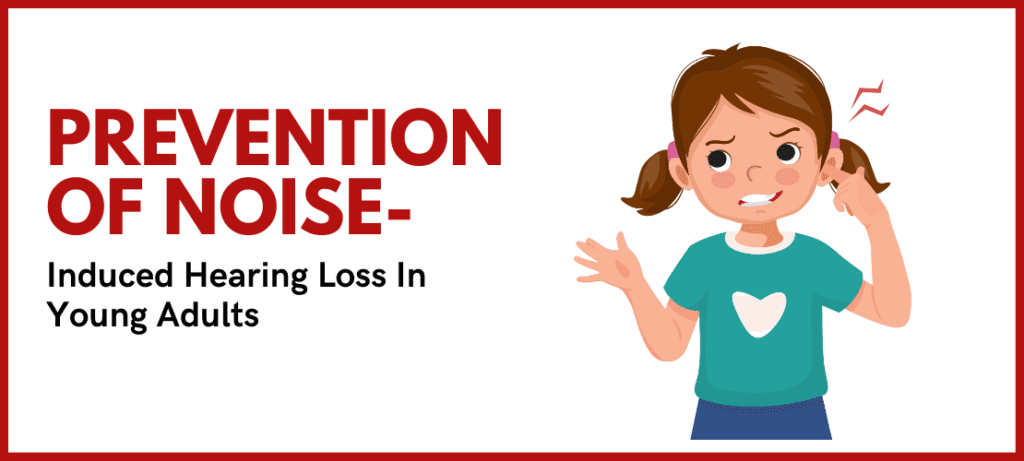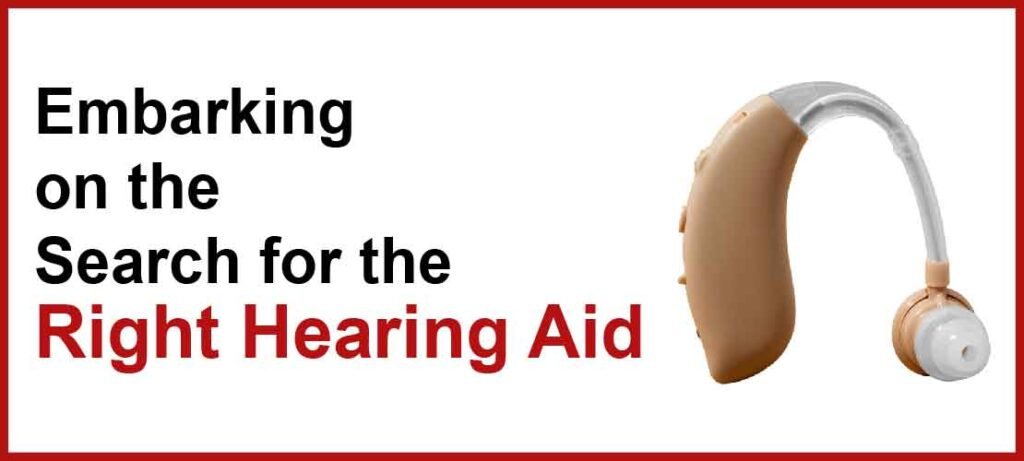The Impact of Hearing Loss on Cognition
Table of Contents
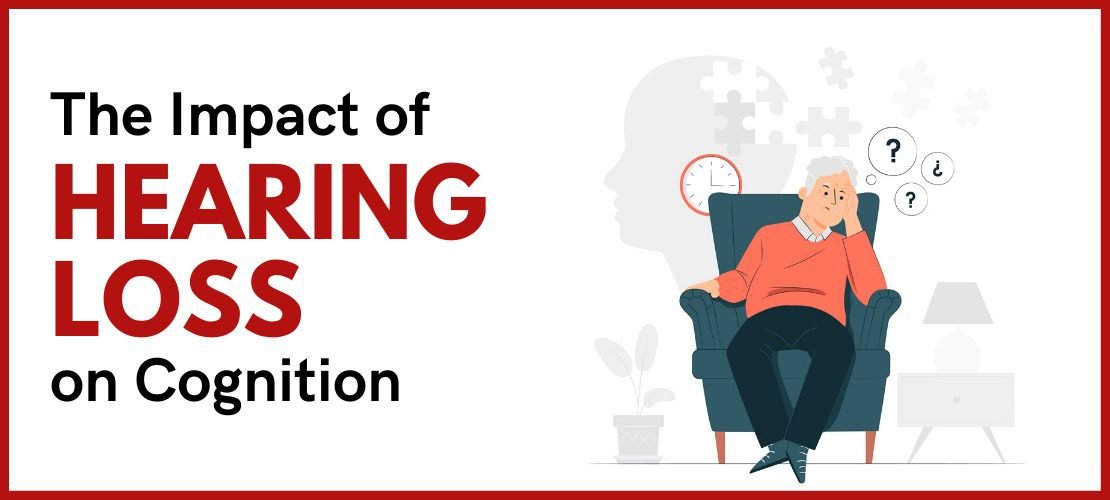
Hearing loss has a profound negative impact on quality of life due to severe impairment of an individual’s cognitive and communicative abilities. The prevalence of this harmful health condition is alarming; according to the 2019 Global Burden of Disease (GBD) study, more than 1.57 billion people are affected worldwide (McDaid et al., 2021). Older adults are especially vulnerable — the incidence of reported hearing loss ranges from 30%-60% for people over 65 years to 70%-90% for the over 85 years age group (Sarant et al., 2020). Speech and language difficulties stemming from hearing loss are traumatizing for patients’ mental health and wellbeing. Additionally, multiple studies have linked a decline in hearing ability to cognitive impairment. In particular, the Lancet Commission (2017) stated that hearing loss accounts for approximately 9.1% of the modifiable risks for dementia (as cited in Sarant et al., 2020, p.2). This paper explores the impact of hearing loss on cognition in order to explain how a decline in hearing ability leads to impairment of cognitive function.
The Act of Hearing
The impact of hearing loss on cognitive impairment can be explained through the nature of the hearing. Most importantly, hearing is a complex act that involves two inter-related components of the auditory system — the peripheral and central auditory systems (Powell et al., 2021). The peripheral system consists of the outer ear, eardrum, middle ear bones, and cochlea. Their work gradually transforms sound waves, or acoustic energy, into an electrical signal sent to the brain through the auditory nerve (Musiek & Baran, 2018, as cited in Powell et al., 2021, p.2). Therefore, the peripheral and the central auditory systems act together to receive, encode, and transmit sound to the brain. In this regard, peripheral hearing can be understood as sound detection, whereas central hearing impacts the brain’s ability to understand environmental sounds. When one of the auditory system’s components works improperly, an individual experiences hearing loss.
Various non-modifiable and modifiable risk factors can impair hearing ability. Regarding non-modifiable factors, women have a lower hearing loss prevalence than men. Additionally, Black adults are less predisposed to hearing loss than Hispanic and White adults (Powell et al., 2021). The modifiable factors include but are not limited to lifestyle and various health conditions, such as viral infections and chronic diseases (Powell et al., 2021). However, age acts as the most frequent risk factor for hearing loss. According to Slade et al. (2020), the age-related degeneration of outer and inner cells within the cochlea hinders the transmission of the auditory signals, which results in reduced effectiveness of peripheral hearing. As a result, the auditory signals diminish; the brain cannot process the information on environmental sounds as effectively as before. In the end, the declining hearing creates the preconditions that enable four potential mechanisms for cognitive function impairment and the development of dementia.
Mechanisms of Relationship Between Hearing Loss and Dementia
The studies on the impact of hearing loss on cognition admit the correlation between a decline in hearing ability and the emergence of cognitive impairment. However, the researchers do not identify a single manifestation of hearing loss as a sole explanation for adverse impact on cognition. On the contrary, several mechanisms based on epidemiological findings are considered potential, non-exclusive causes of linkage between the decline in hearing ability and dementia. This section describes each of these mechanisms in detail in order to create a clear picture of the interconnectedness between hearing loss and cognitive impairment.
Mechanism 1. Common Pathology
The first mechanism can be defined as a common age-related pathology that affects both the auditory system and cognitive abilities. The damage to the cochlea results in hearing loss, leading to pathology in the cortex and causing dementia (Griffiths et al., 2020). According to Slade et al. (2020), the common cause theory is supported by evidence of changes in several cognitive domains in older adults, including reduced visual acuity. In addition, hearing loss in dementia-related studies typically occurs at high sound frequencies, which points to the age-related degradation of cochlea rather than the influence of dementia (Griffiths et al., 2020). In this regard, the common pathology theory views hearing loss and cognitive impairment as the manifestations of a natural age-related decline of an organism.
Mechanism 2. Impoverished Environment as a Cause of Declining Cognition
The second mechanism links cognitive function impairment to a deteriorating auditory input that stems from hearing loss. A diminished auditory input creates an impoverished sensory environment that adversely affects brain function and structure (Griffiths et al., 2020). The impoverished environment hypothesis found empirical confirmation in various studies. For example, age-related hearing loss forced the patients to use frontal brain regions more during speech perception (Slade et al., 2020). As a result, general cognitive and emotional processes were hindered in favor of listening (Slade et al., 2020). Given these findings, the researchers associated sensory deprivation with various adverse effects, such as problems in socialization and increased predisposition to depression (Slade et al., 2020). Therefore, hearing loss was found capable of causing structural changes to the human brain, creating the prerequisites for a cognitive decline.
Mechanism 3. Increased Consumption of Cognitive Resources for Listening
The third mechanism is opposite to the previous one since it associates dementia with overstimulation of listening rather than insufficient sensory input. Most importantly, hearing loss forces an individual to divert the brain’s processing power to listening (Slade et al., 2020). As a result, an individual cannot allocate sufficient brain capacity to other matters. For example, older adults with hearing loss showed worse performance in dual-task assignments, which pointed to the insufficiency of cognitive resources in situations requiring active listening (Slade et al., 2020). However, the use of hearing aids was found beneficial for cognitive functions since improved hearing allowed the users to focus on the tasks instead of excessive listening (Slade et al., 2020). Overall, this mechanism explains how hearing loss puts excessive pressure on the brain and forces it to sacrifice other cognitive domains for the sake of listening.
Given this evidence, one can claim that hearing loss is a highly harmful condition that produces a profound negative impact on the human brain. A decline in hearing ability may reduce the auditory input or force the brain to neglect cognition in order to improve hearing. However, the result is similar if no intervention is applied — a slow deterioration of an individual’s working memory, concentration, and attention. In this regard, it is important to understand which steps can be taken in order to manage the patient’s condition and halt the cognitive impairment associated with hearing loss.
Cognitive Decline Prevention: Potential Options for Hearing Loss Treatment
The adverse influence of hearing loss on cognitive functions creates a strong incentive for treatment. In general, it is possible to outline two potential ways of dementia prevention in patients diagnosed with hearing loss. Firstly, hearing aids can serve as a valid option due to their safety for older adults (Powell et al., 2021). Sarant et al. (2020) studied 99 participants aged between 62 and 82 years over 18 months and found that hearing aids significantly improved speech perception and executive function. However, the difficulties with hearing aids accessibility and services pose a significant challenge for older adults. As a result, only 17% of patients requiring hearing aids use them worldwide (McDaid et al., 2021). Given this problem, it is necessary to consider additional options for managing cognitive function decline in patients with hearing loss. Powell et al. (2021) argue that the relationship between hearing and cognition is mediated by loneliness, social isolation, and depression. Therefore, family support and interventions aimed at providing the patients with psychological comfort are necessary, especially if good-quality hearing aids are inaccessible.
Conclusion
Hearing loss is becoming a global healthcare challenge as the world population ages. The decline of hearing ability is associated with subsequent impairment of cognitive functions. The studies outline three primary mechanisms by which hearing loss gradually disrupts cognition. Whether the individual’s brain is affected by common pathology, impoverished auditory environment, or increased consumption of cognitive resources, the outcome in the form of dementia is quite likely. Therefore, hearing loss should be treated with all possible seriousness, especially in older adults. Hearing aids offer an effective yet sometimes inaccessible solution to the problem. In this regard, practitioners should implement psychological interventions aimed at neutralizing such risk factors of dementia as loneliness, social isolation, and depression.
References
Griffiths, T. D., Lad, M., Kumar, S., Holmes, E., McMurray, B., Maguire, E. A., Billig, A. J., & Sedley, W. (2020). How can hearing loss cause dementia? Neuron, 108(3), 401-412. https://doi.org/10.1016/j.neuron.2020.08.003
McDaid, D., Park, A. L., & Chadha, S. (2021). Estimating the global costs of hearing loss. International Journal of Audiology, 60(3), 162-170. https://doi.org/10.1080/14992027.2021.1883197
Powell, D. S., Oh, E. S., Reed, N. S., Lin, F. R., & Deal, J. A. (2021). Hearing loss and cognition: What we know and where we need to go. Frontiers in Aging Neuroscience, 13, 1-18. https://doi.org/10.3389%2Ffnagi.2021.769405
Sarant, J., Harris, D., Busby, P., Maruff, P., Schembri, A., Lemke, U., & Launer, S. (2020). The effect of hearing aid use on cognition in older adults: Can we delay decline or even improve cognitive function? Journal of Clinical Medicine, 9(1), 1-23. https://doi.org/10.3390%2Fjcm9010254
Slade, K., Plack, C. J., & Nuttall, H. E. (2020). The effects of age-related hearing loss on the brain and cognitive function. Trends in Neurosciences, 43(10), 810-821. https://doi.org/10.1016/j.tins.2020.07.005
Related Post
-
 Hearing Loss: Types, Symptoms, Causes & Treatment
Hearing Loss: Types, Symptoms, Causes & Treatment -
 Age-Related Hearing Loss (Presbycusis)
Age-Related Hearing Loss (Presbycusis) -
 How to Safely and Properly Clean Your Ears- Methods & What to Avoid
How to Safely and Properly Clean Your Ears- Methods & What to Avoid -
 Hearing Aids- Benefits, Different Styles/Types and How They Work
Hearing Aids- Benefits, Different Styles/Types and How They Work -
 What Level Of Hearing Loss Requires A Hearing Aid?
What Level Of Hearing Loss Requires A Hearing Aid? -
 Differences Between Conductive and Sensorineural Hearing Loss
Differences Between Conductive and Sensorineural Hearing Loss -
 When is the correct time to upgrade Hearing Aids?
When is the correct time to upgrade Hearing Aids? -
 How Can Hearing Aids Assist School Aged Children?
How Can Hearing Aids Assist School Aged Children? -
 The Impact of Hearing Loss on Cognition
The Impact of Hearing Loss on Cognition -
 Hearing Resides in Your Brain, Not Just Your Ears
Hearing Resides in Your Brain, Not Just Your Ears -
 Exploring Link Between Hearing Loss and Depression_ Breaking the Silence
Exploring Link Between Hearing Loss and Depression_ Breaking the Silence -
 New Hearing Aids? Here’s How To Make The Most Of The Device
New Hearing Aids? Here’s How To Make The Most Of The Device -
 The Unseen Link Between Diabetes and Hearing Loss
The Unseen Link Between Diabetes and Hearing Loss -
 Prevention of Noise-Induced Hearing Loss In Young Adults
Prevention of Noise-Induced Hearing Loss In Young Adults -
 Embarking on the Search for the Right Hearing Aid
Embarking on the Search for the Right Hearing Aid





